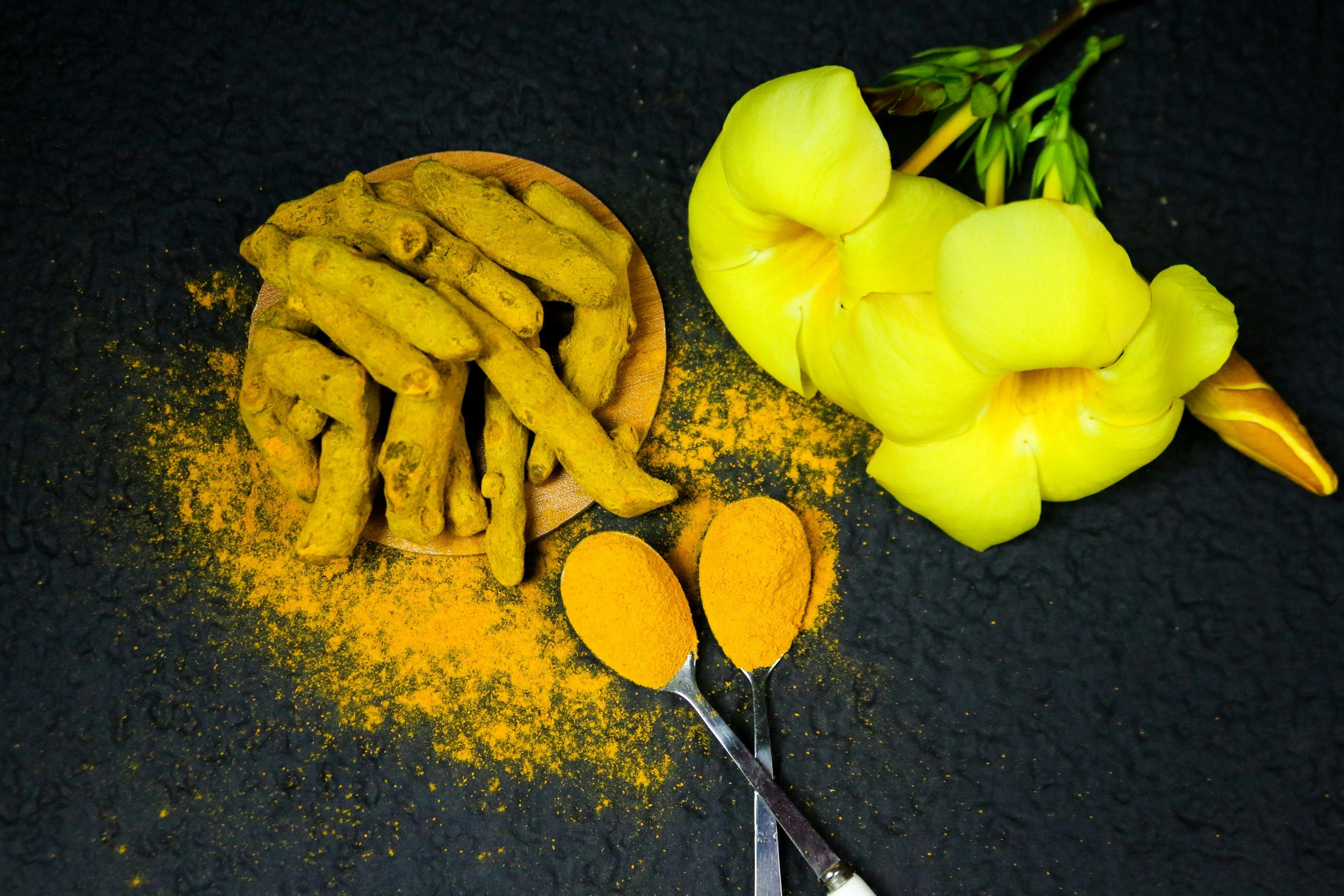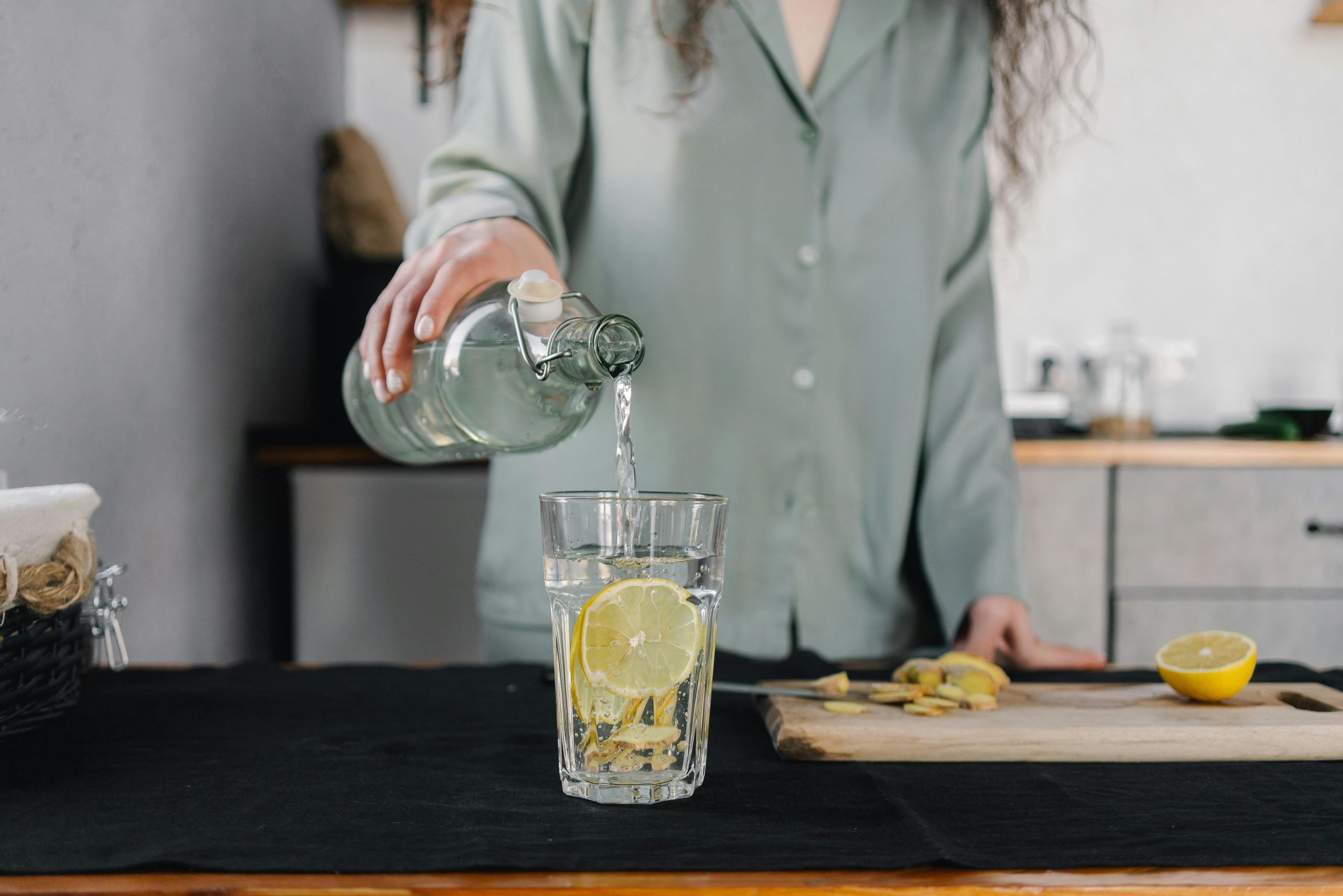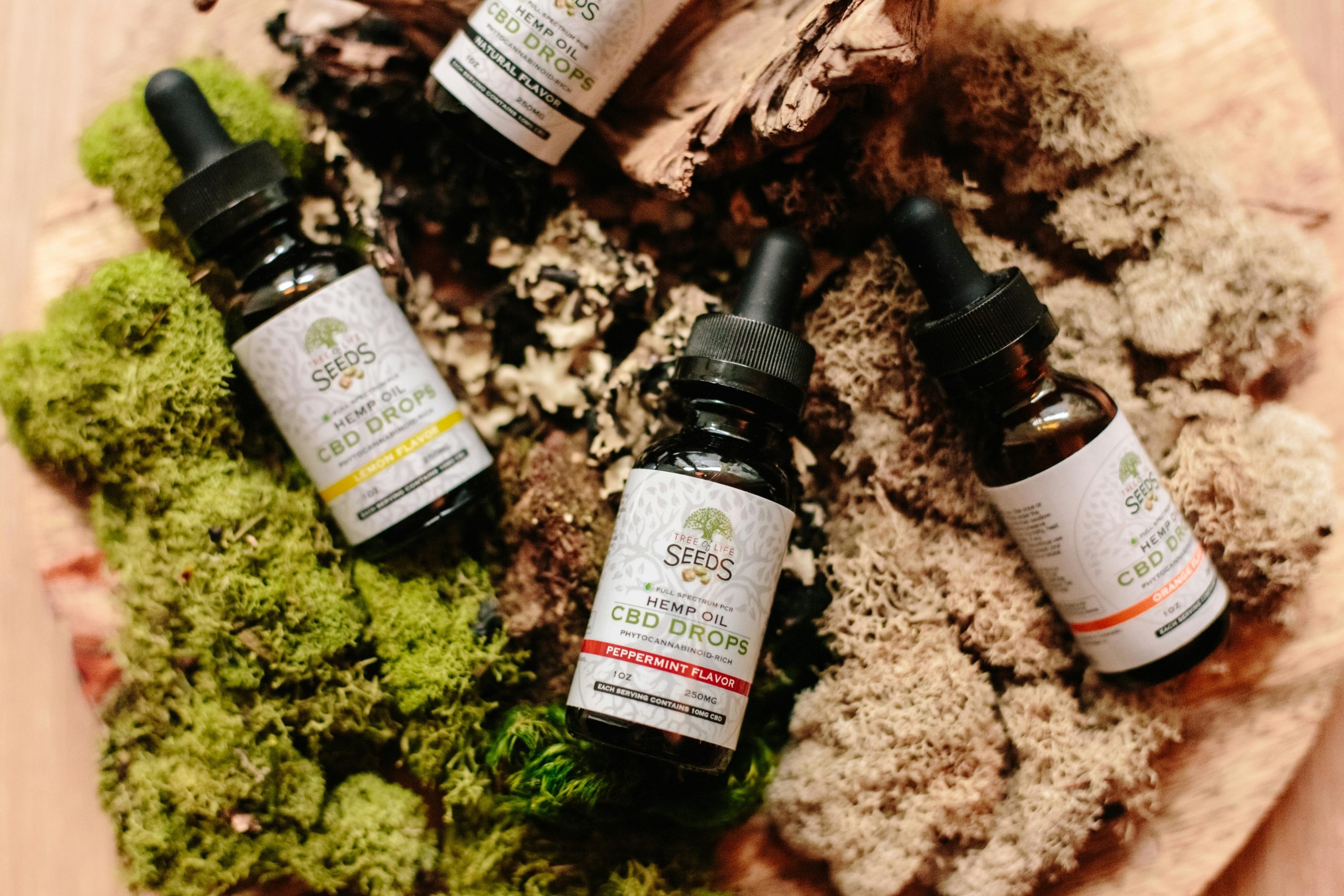In today’s fast-paced world, maintaining a strong immune system is more important than ever. While supplements and medications can help, nature provides a gentler, time-tested solution: herbal tea. Packed with antioxidants, vitamins, and immune-boosting properties, herbal teas are an easy and delicious way to support your health. Whether you’re fighting off a cold or just looking to stay resilient, this guide will walk you through the simple steps of making herbal tea at home.
Why Herbal Tea Boosts Immunity
Herbal teas have been used for centuries across cultures to promote wellness and fight illness. Unlike caffeinated teas, herbal infusions are made from leaves, flowers, roots, and spices, offering a rich blend of nutrients. Here’s how they help:
- Antioxidant Power: Ingredients like ginger, turmeric, and elderberry neutralize harmful free radicals.
- Anti-inflammatory Effects: Herbs like chamomile and echinacea reduce inflammation, aiding immune function.
- Rich in Vitamins: Citrus peels and rose hips provide vitamin C, a key player in immune health.
- Soothing Properties: Warm tea helps relax the body, reducing stress—a known immune suppressor.
By incorporating these herbs into your daily routine, you can give your immune system the natural support it needs.
Top Herbs for Immune-Boosting Tea
Not all herbs are created equal when it comes to immunity. Here are some of the most effective ones to include in your homemade tea:
Echinacea
Known for its ability to stimulate the immune system, echinacea is a go-to herb for preventing and shortening colds. Its antiviral and antibacterial properties make it a powerful ally.
Ginger
Ginger is a warming herb that helps fight infections, improve circulation, and reduce inflammation. It’s especially helpful for sore throats and digestive issues.
Turmeric
Packed with curcumin, turmeric has potent anti-inflammatory and antioxidant effects. Pair it with black pepper to enhance absorption.
Elderberry
Rich in flavonoids, elderberry is renowned for its ability to combat viruses and reduce flu symptoms. It’s often used in syrups but works great in tea too.
Peppermint
While refreshing, peppermint also has antiviral properties and can help clear congestion, making it ideal for respiratory health.
How to Make Herbal Tea at Home
Making herbal tea is simple, whether you use fresh or dried ingredients. Follow these steps for a perfect cup every time:
- Choose Your Herbs: Pick 1-3 immune-boosting herbs from the list above. Fresh herbs are great, but dried ones work just as well.
- Prepare the Ingredients: If using roots like ginger or turmeric, slice or grate them. For leaves or flowers, lightly crush them to release oils.
- Boil Water: Heat water to just below boiling (about 200°F) to preserve delicate compounds in the herbs.
- Steep: Add 1-2 teaspoons of dried herbs or a handful of fresh herbs per cup. Cover and steep for 5-10 minutes.
- Strain and Enjoy: Remove the herbs, add honey or lemon if desired, and sip while warm.
Tip: For stronger benefits, let the tea steep longer—up to 15 minutes for roots and barks.
3 Immune-Boosting Herbal Tea Recipes
Ready to put your knowledge into practice? Try these easy, effective recipes:
1. Ginger-Turmeric Immunity Tea
- 1-inch fresh ginger, sliced
- 1/2 tsp turmeric powder or 1-inch fresh turmeric, grated
- 1 pinch black pepper (enhances turmeric absorption)
- 1 tsp honey (optional)
- 1 cup hot water
Steep for 10 minutes, strain, and enjoy. This tea is perfect for reducing inflammation and fighting infections.
2. Echinacea-Lemon Defense Tea
- 1 tsp dried echinacea root or 1 echinacea tea bag
- 1 slice of lemon (with peel for extra vitamin C)
- 1 tsp raw honey
- 1 cup hot water
Steep for 8 minutes. Ideal at the first sign of a cold.
3. Soothing Elderberry-Peppermint Tea
- 1 tbsp dried elderberries
- 1 tbsp fresh peppermint leaves
- 1 cinnamon stick (optional)
- 1 cup hot water
Steep for 10 minutes, strain, and add honey if desired. Great for flu season!
Tips for Maximizing Benefits
To get the most out of your herbal tea, keep these tips in mind:
- Use Quality Ingredients: Opt for organic herbs to avoid pesticides and ensure potency.
- Store Properly: Keep dried herbs in airtight containers away from light and moisture.
- Drink Regularly: For best results, enjoy 1-2 cups daily, especially during cold and flu season.
- Combine with a Healthy Lifestyle: Herbal tea works best alongside a balanced diet, hydration, and adequate sleep.
Remember, while herbal teas are beneficial, they’re not a substitute for medical treatment if you’re seriously ill.
Boosting your immunity naturally doesn’t have to be complicated. With a few simple herbs and a little


